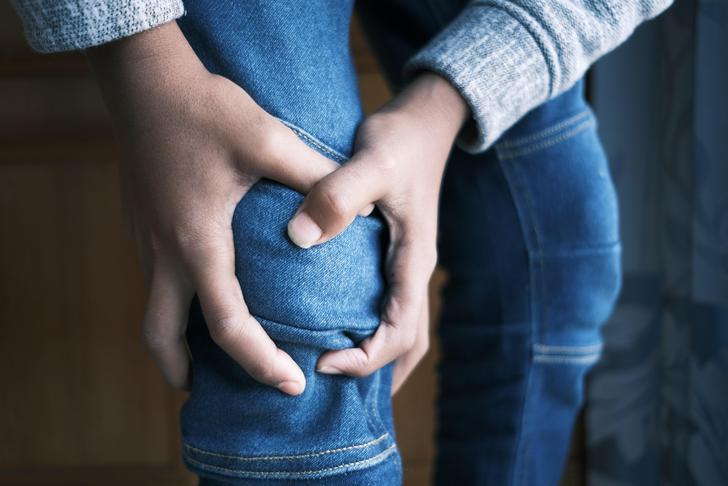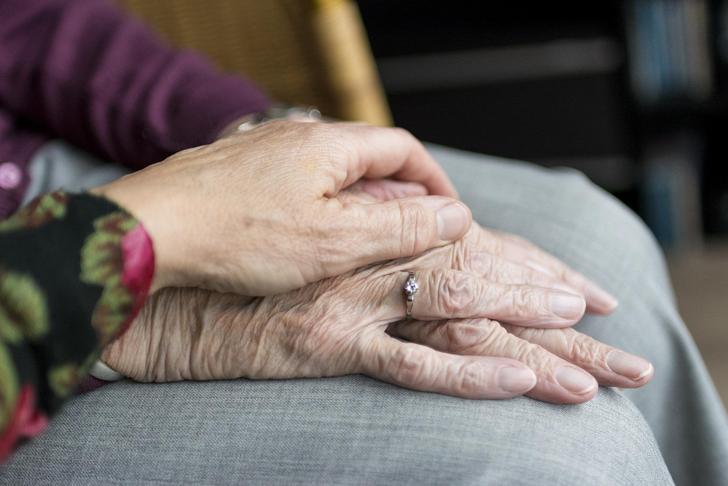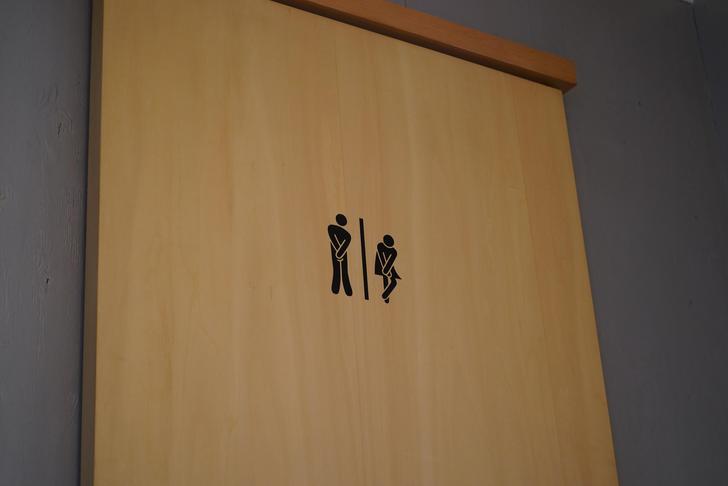10 neuropathy symptoms
 Article Sources
Article SourcesPeripheral neuropathy is a painful condition resulting from damage to the peripheral nerves — those located outside the brain and spinal cord.[[1]] Neuropathy is probably most often associated with the nerves radiating to the hands and feet. However, the same symptoms of neuropathy that affect extremities can also affect bodily functions, such as circulation and digestion, that depend on signals from the nervous system to work correctly. Here’s a look at the top 10 most common neuropathy symptoms, including symptoms that may affect motor function, sensory function, and the body’s autonomic system.
Numbness and Tingling
Nerves constantly transmit signals to the brain, telling the so-called central depot whether the body feels a certain sensation or if hands or feet need to move. When those signals are interrupted because the nerves are damaged or otherwise compromised, the brain doesn’t pick up on the communications necessary to feel a cold window breeze or pain from a hot flame.[[2]] Numbness is the loss of feeling or sensation in an area of the body. Tingling occurs when signals are intermittent, sort of like a loose connection on a radio or TV. Some people liken the sensation to static electricity in their fingers or toes, while others say it feels more like burning or buzzing.

Advertisement
Pain
While neuropathy can cause numbness and tingling, it can also do the exact opposite and lead to intense pain.[[3]] Nerves that are behaving abnormally may make minor discomforts seem exponentially worse. A simple touch could cause lightning-like flares to radiate down the arms and legs, or pain may manifest as a continuous hum of tenderness and achy limbs. Pain from neuropathy may be a constant presence, or individuals may experience sharp, shooting pains at random intervals.

Advertisement
Sensitivity to Touch
Numbness, pain, or a combination of the two can make daily comfort completely unpredictable. Just holding hands with a loved one can produce pain equivalent to an injury, while firm touches may actually alleviate pain, depending on the source of the pain and the individual’s unique presentation and type of neuropathy. Some experts may recommend massage and acupuncture as a way to mitigate discomfort and control the symptoms of neuropathy.[[4]]

Advertisement
Muscle Weakness
As nerves deteriorate, they lose connection with supporting muscles. It’s almost like a telephone line being cut — a sudden lack of communication that may cause anything from mild weakness (also seen as lack of coordination or clumsiness) to partial paralysis (e.g., a leg that doesn’t work as commanded or the inability to move a hand).[[2]] Neuropathy-related weakness can be progressive, and experts may warn patients to watch out for warning signs such as increasing weakness, sudden foot drop, or difficulty walking.

Advertisement
Lack of Coordination
As the connection between nerves and muscles begins to unravel, individuals with neuropathy may start exhibiting uncontrolled movements.[[2]] This may look like a flailing hand, twitching fingers, or a jerky leg. These neuropathy symptoms are the result of nerves that are trying to make up for the loss of normal nervous system activity. Almost like an act of overcompensation, the nerves suddenly become hyperactive, leading to muscle cramps and unintentional movement that can result in falls or other injuries.

Advertisement
Heat Intolerance
Heat intolerance may be a symptom of autonomic neuropathy.[[5]] As neuropathy worsens, patients may lose the inability to sweat properly. In turn, they’re less likely to be able to efficiently and effectively regulate body temperature, which makes it difficult to tolerate heat. People with neuropathy should monitor their temperature closely, especially in warm or hot environments, to ensure they don’t succumb to complications such as heat stroke.

Advertisement
Incontinence
Incontinence could be another neuropathy symptom.[[1]] When the nerve pathways from the brain to the bladder and/or bowels are compromised, it may become harder to tell when there’s an urge to urinate or defecate. Incontinence doesn’t automatically mean someone has neuropathy. It can also develop in tandem with an underlying physical or mental condition, such as multiple sclerosis, spina bifida, or a stroke.

Advertisement
Sexual Dysfunction
The autonomic nervous system is most commonly known for controlling vital functions, such as breathing, but it also has a direct impact on sexual function. Issues with the autonomic system, such as neuropathy, can lead to problems with arousal and sexual performance. Some people experience loss of libido, also known as poor sex drive, while others report functional problems, such as erectile dysfunction. Pain during intercourse is another possible symptom of neuropathy.[[2]]

Advertisement
Dizziness and Lightheadness
While many symptoms of neuropathy concentrate on signs manifesting in the hands or feet, there are also autonomic neuropathy symptoms that can be quite serious. Autonomic neuropathy can affect the cardiovascular system, interrupting the regulation of essential functions, such as heart rate and blood pressure. Blood pressure that drops too quickly may cause lightheadedness and fainting.[[5]] These episodes may occur infrequently, but frequent fainting spells or fainting while driving or working could lead to serious injury.

Advertisement
Gastroparesis
The digestive system can also be affected by autonomic neuropathy. This is one potential cause of gastroparesis, a condition characterized by delayed gastric emptying that often causes bloating, nausea, a premature sense of fullness, loss of appetite, and fluctuating blood sugar levels.[[5]] People with gastroparesis may also have symptoms of other types of neuropathy, such as pain and tingling in their extremities, or they may only exhibit signs of autonomic neuropathy, such as incontinence, along with digestive disturbances.

Advertisement





